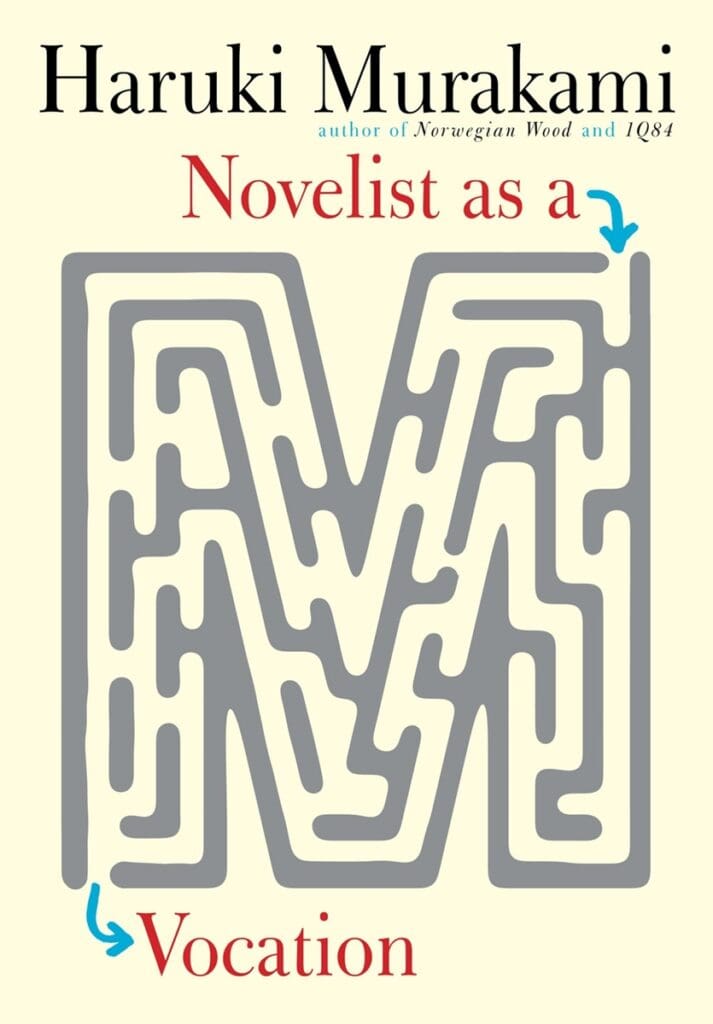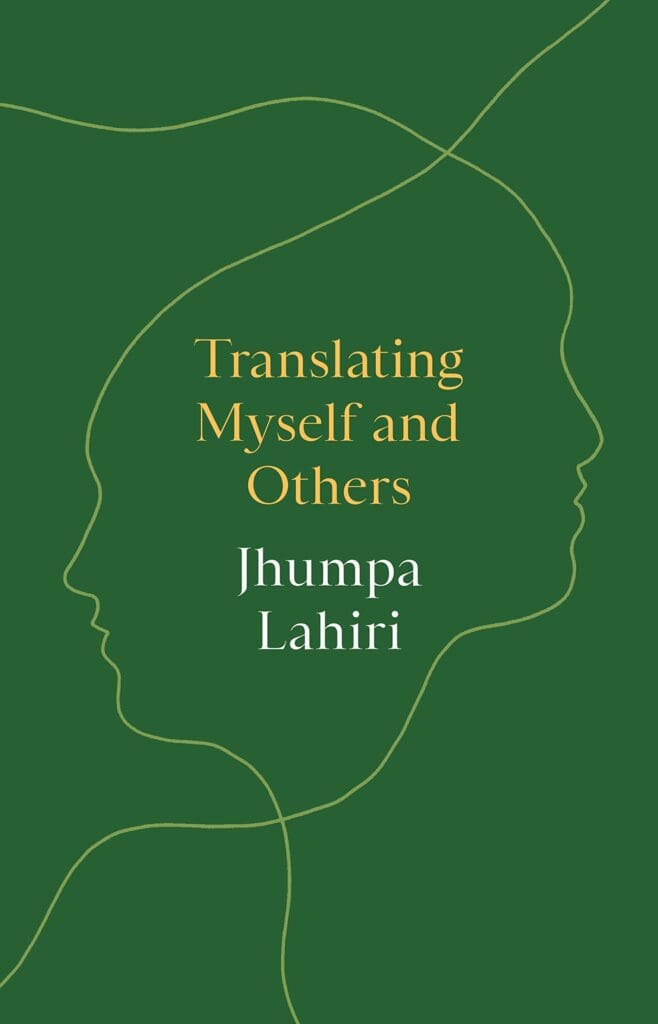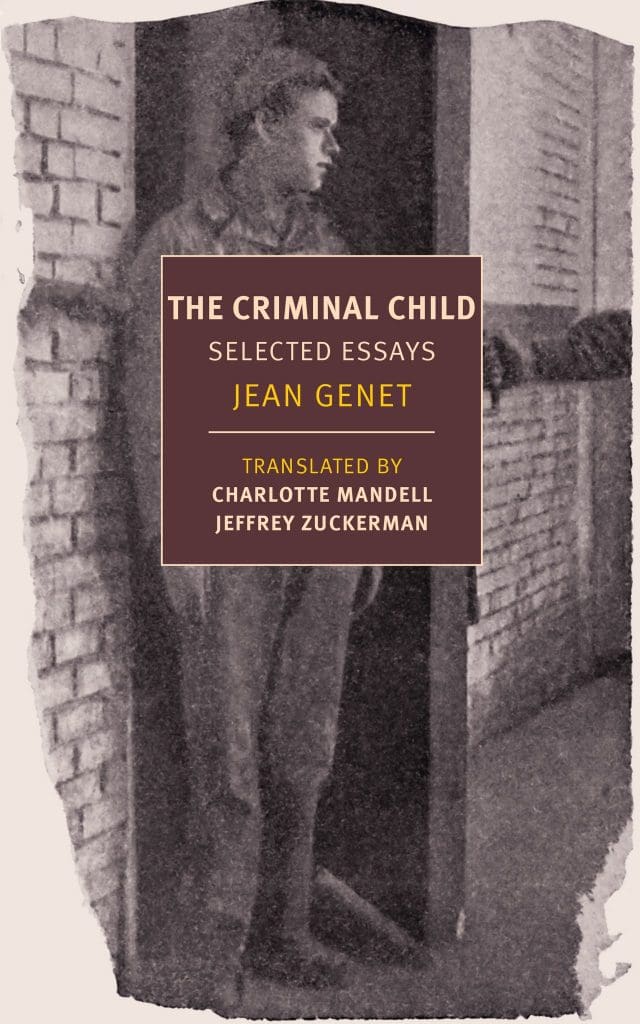Novelist as a Vocation (224 pages; Knopf; translated by Philip Gabriel and Ted Goossen) is Japanese literary icon Haruki Murakami’s comprehensive look at his expansive and prolific career, a collection of thoughts on the process, substance, and form of novel writing, as well as the habits that make for a successful novelist. The autobiographical essays chart his path as an author over thirty-five years, spanning from his first novel, Hear the Wind Sing, to more layered and formally complex works such as Killing Commendatore. As a whole, the pieces provide a glimpse into the mind and career of a man […]
‘Novelist as Vocation’ by Haruki Murakami: Persistence as Key
by Danielle Shi



